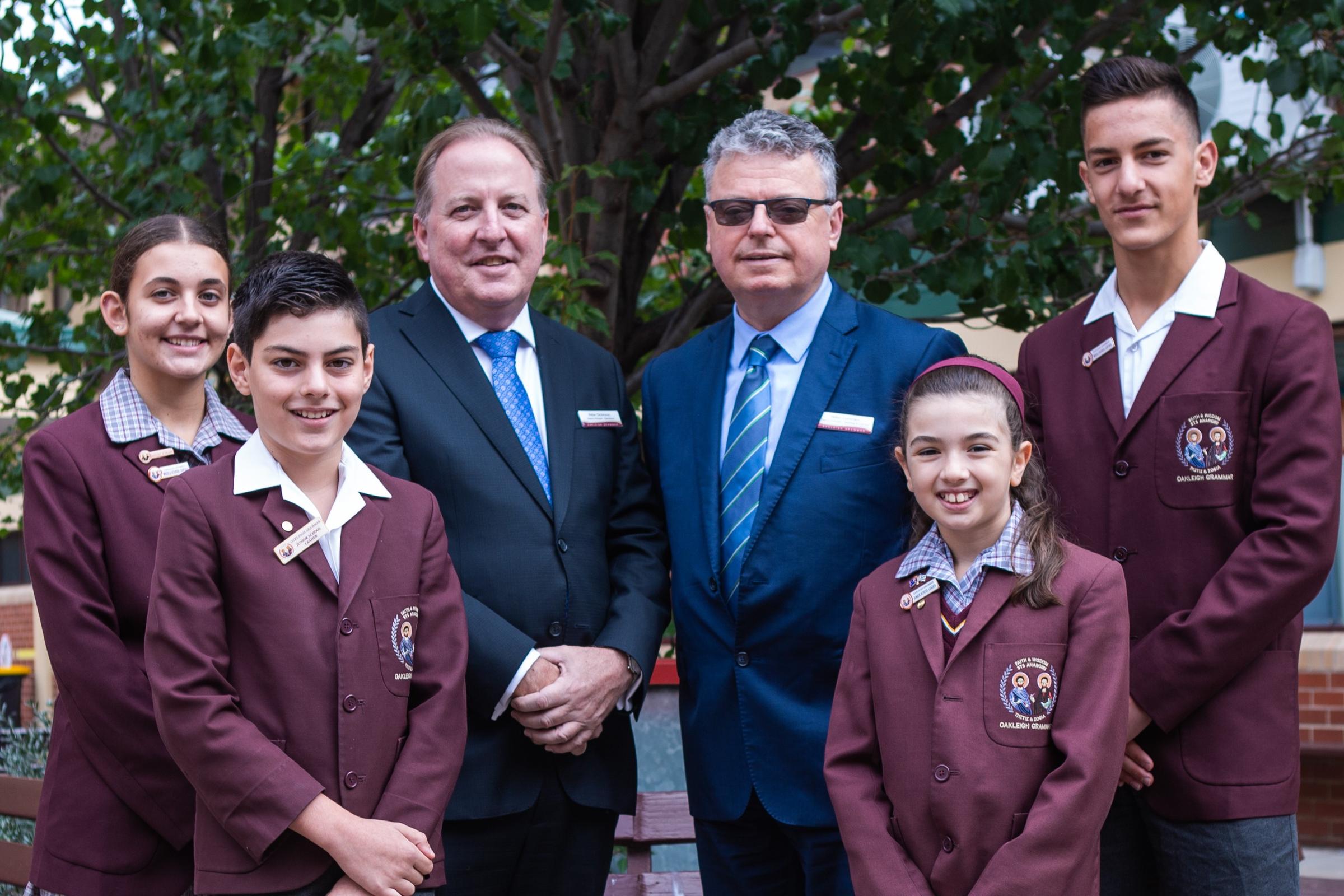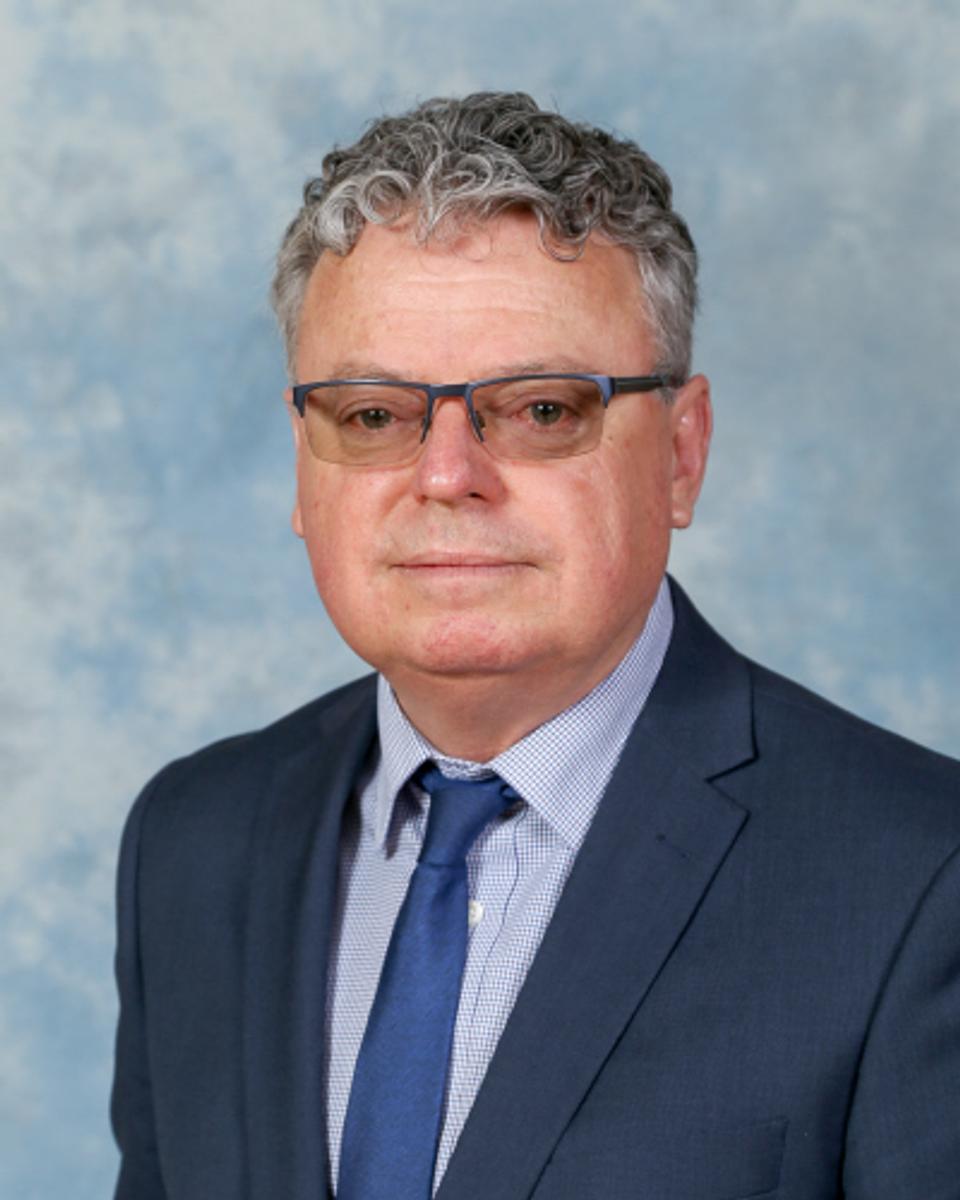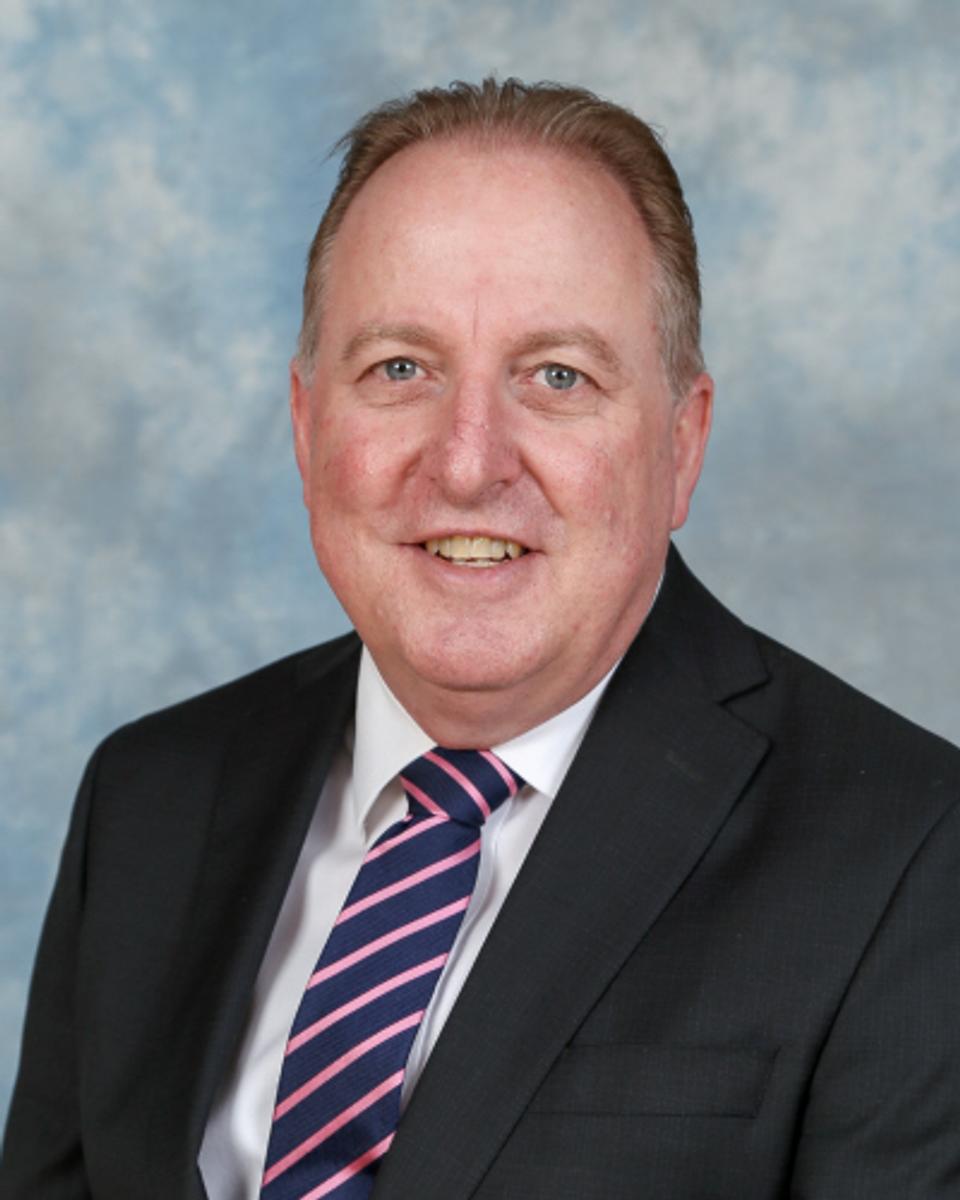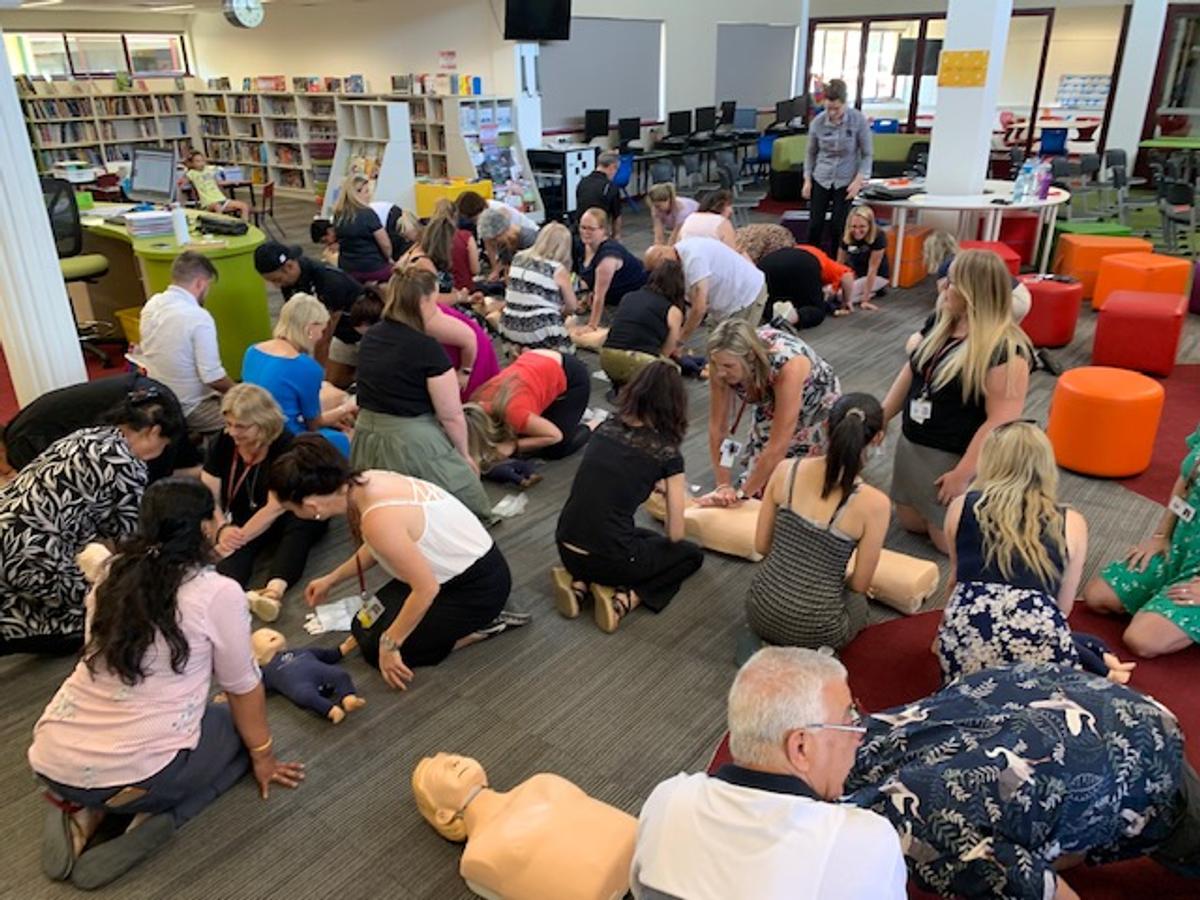
Deputy Principal
PETER CUMMINS
Deputy Principal - Teaching & Learning
Teaching & Learning Model
As you know, our School embarked on a major curriculum initiative of developing and implementing a whole school Teaching and Learning Model (TLM). Clearly the goal was to improve instruction, improve student engagement, and improve student learning outcomes.
Professional learning for teachers is a high priority and a key factor in the implementation and success of the TLM.
This term in the Middle and Senior School, the Heads of Faculty are conducting classroom visits where they will observe lessons run by faculty teachers, and gather data on how well the TLM is being implemented, and then using this information to plan professional learning for their faculty.
Teachers themselves are taking part in teacher-teacher learning walks, where they identify an area of the TLM that they need to develop further. With this in mind, they organise a visit to a colleague’s lesson and observe good practice, reflect on the experience, and then action a new idea in their own class.
This coming Monday, a Whole School TLM Workshop takes place after school. The Junior School will be exploring improving learning through assessment, with the focus being for teachers to develop effective strategies to provide feedback to students to improve engagement, reflection and learning.
The Middle and Senior School teachers will focus on the use of command terms in the writing of learning intentions and for success criteria, identifying strategies to use and reflect on, and evaluate student learning.
PETER DICKINSON
Deputy Principal - Operations
Staff Learning – Student Health and Wellbeing
Each year all our staff are required to complete a number of compulsory professional development modules that focus on student health and wellbeing. Depending on their role in the school, some staff will also undertake additional components.
Firstly, in Victoria, there is a legislative requirement for all schools with a child or young person at risk of an anaphylactic reaction to undertake twice yearly briefings on anaphylaxis management. As part of the briefing, school staff familiarise themselves with the children and young people in the school at risk of an anaphylactic reaction, and their individual Anaphylaxis Management Plans. Every two years, staff are required to complete an online anaphylaxis training module.
Staff are also taken through twice yearly briefings to ensure they are trained to assess and manage an asthma emergency. From time to time, staff will also receive education to support the management of other health needs, e.g. diabetes.
At Oakleigh Grammar, over 80 staff have accredited Level 1, Level 2 and/or Early Childhood First Aid qualifications, which includes CPR. Whilst the CPR qualifications are reviewed annually, more detailed four hour first aid qualifications are undertaken every three years.
See below some of the staff in late January undertaking the CPR refresher course.




